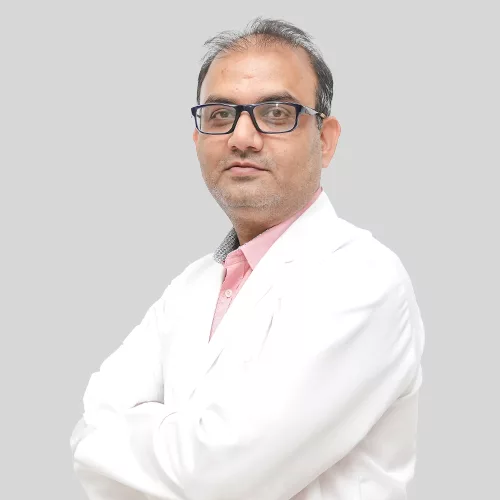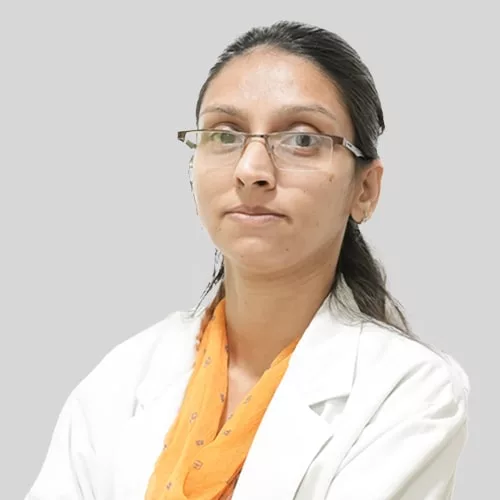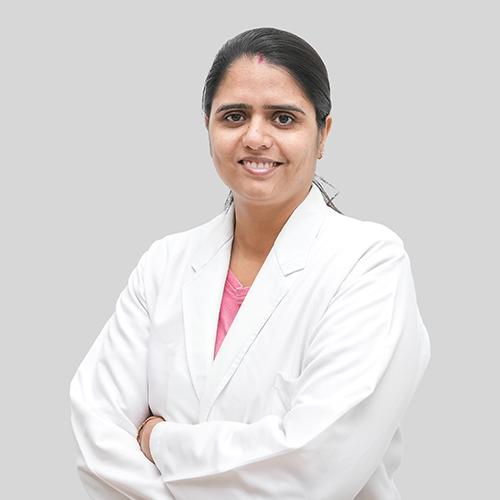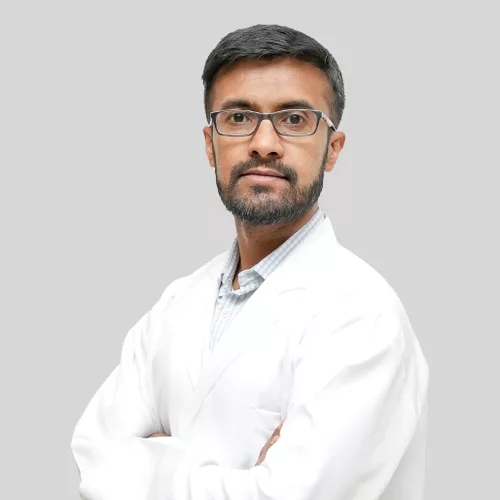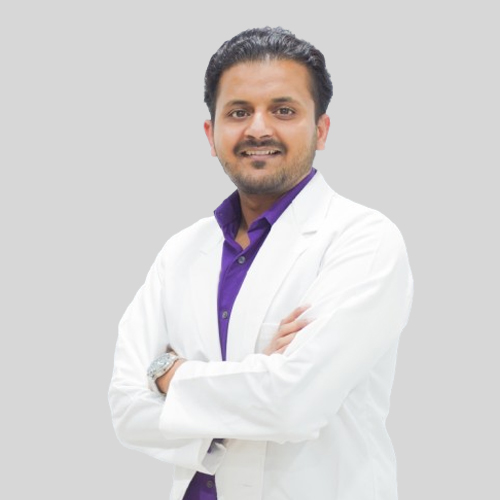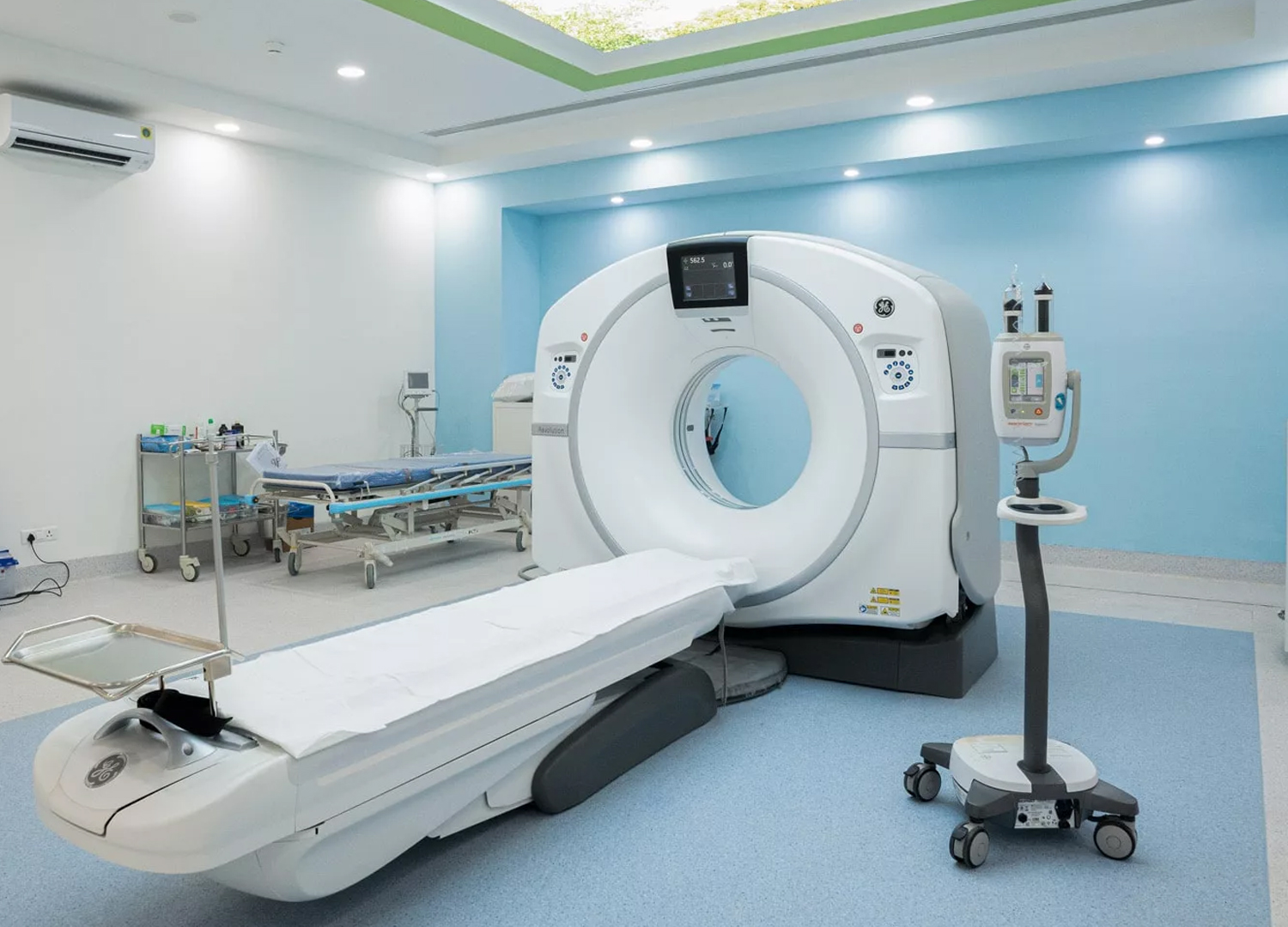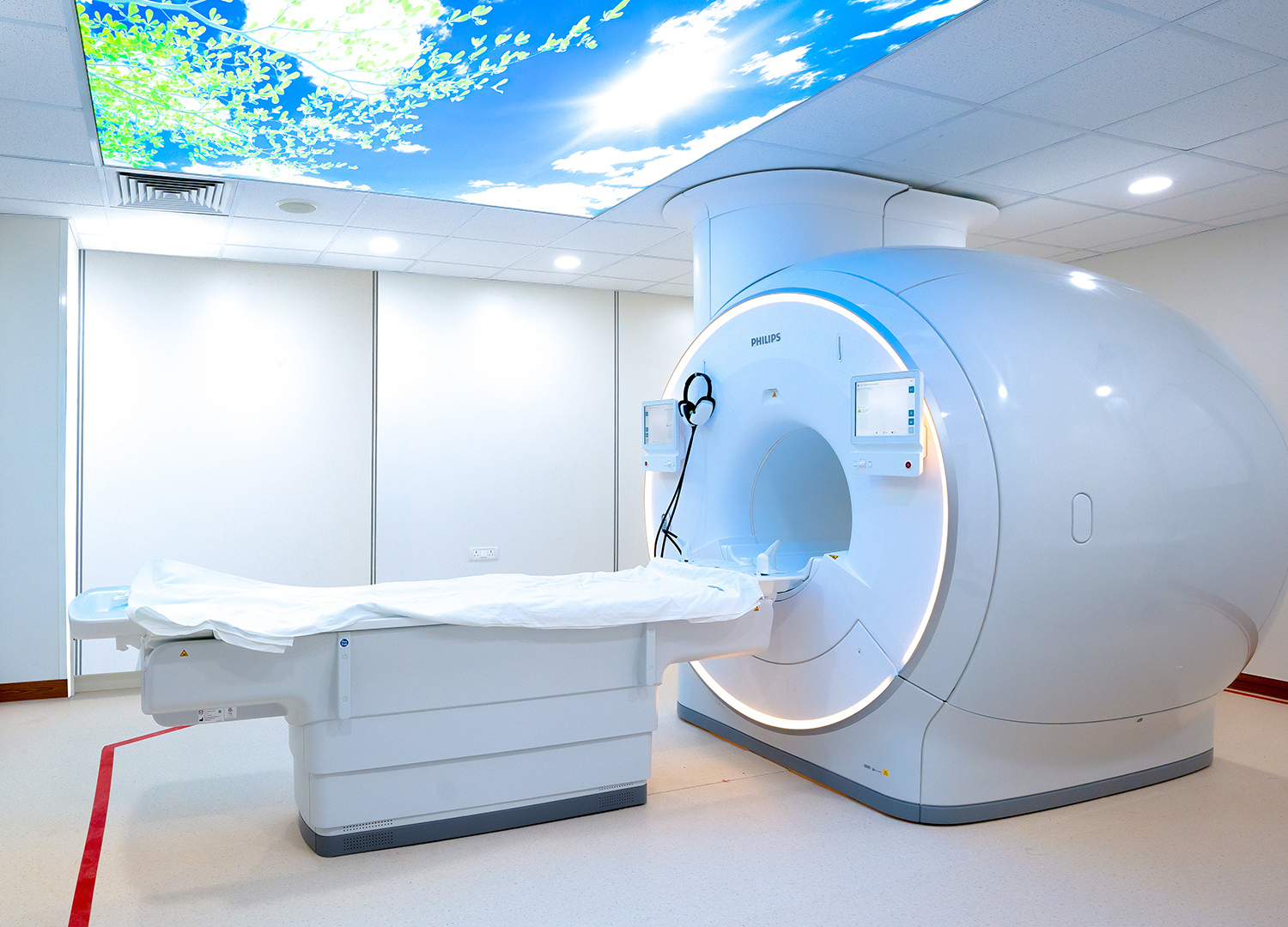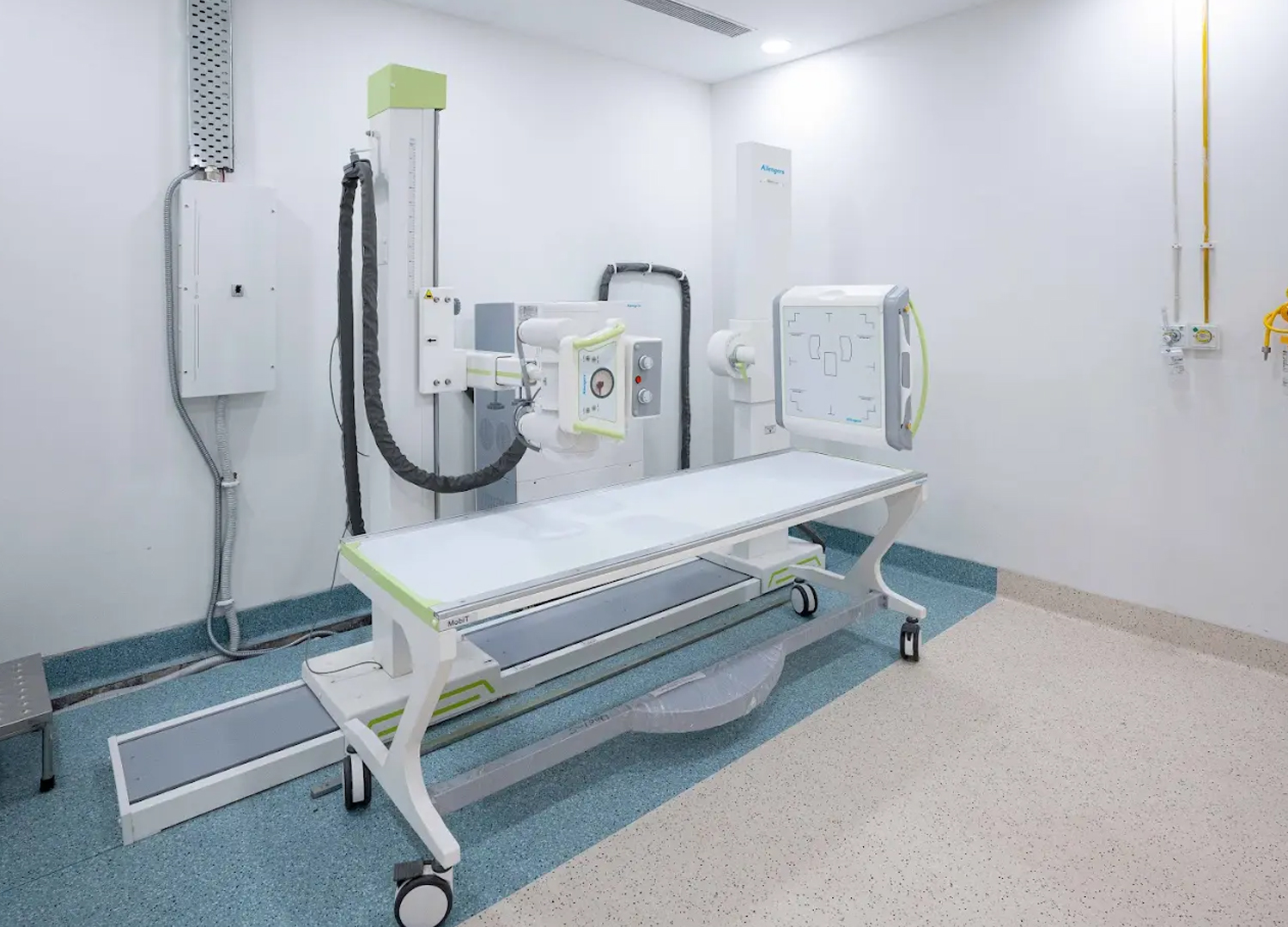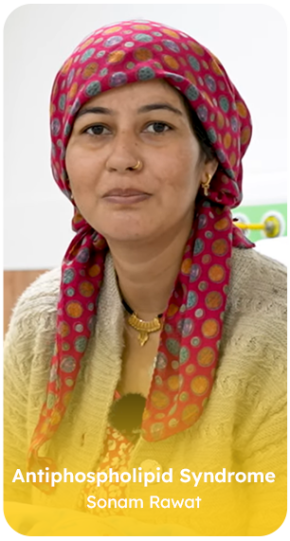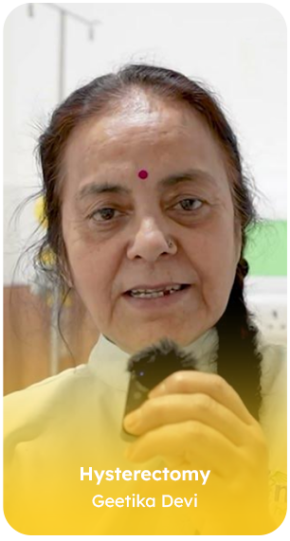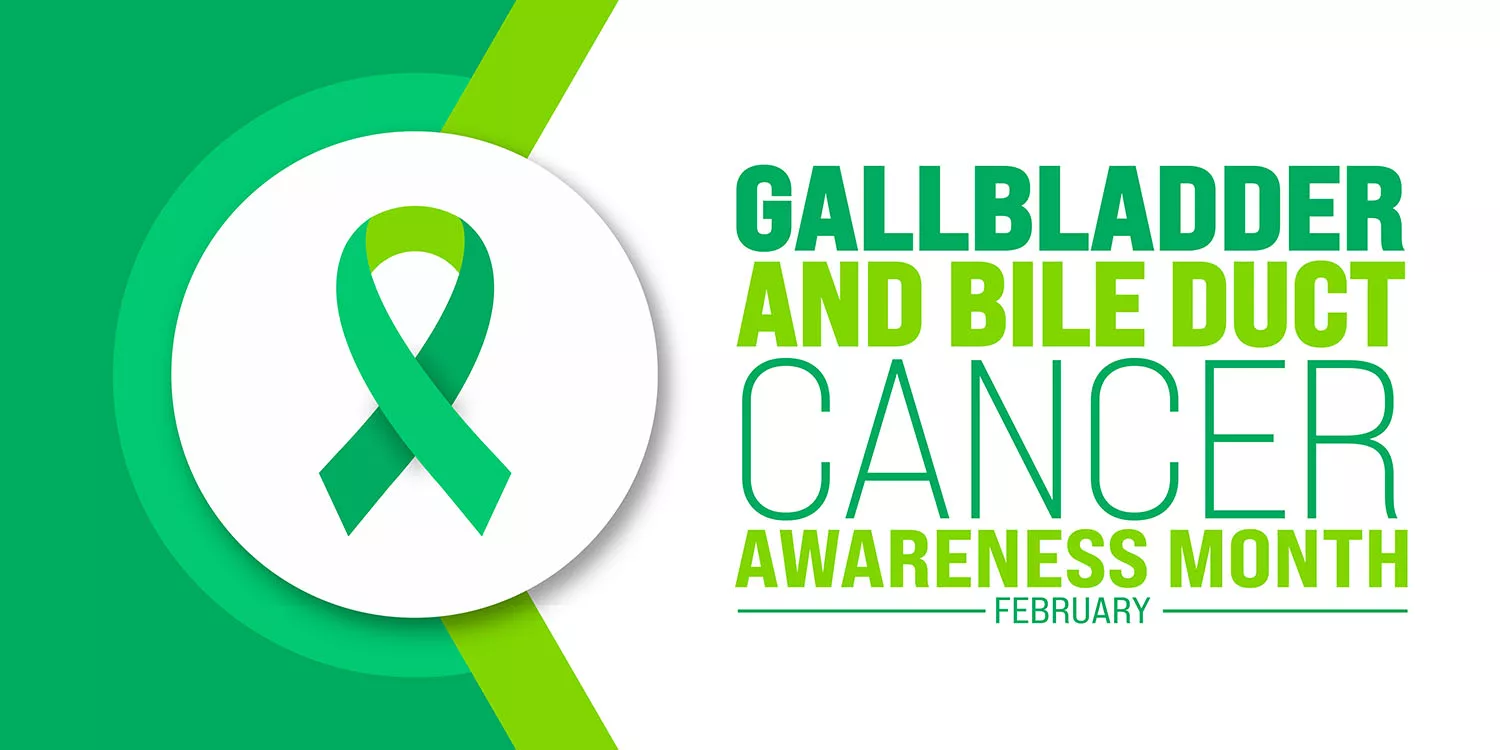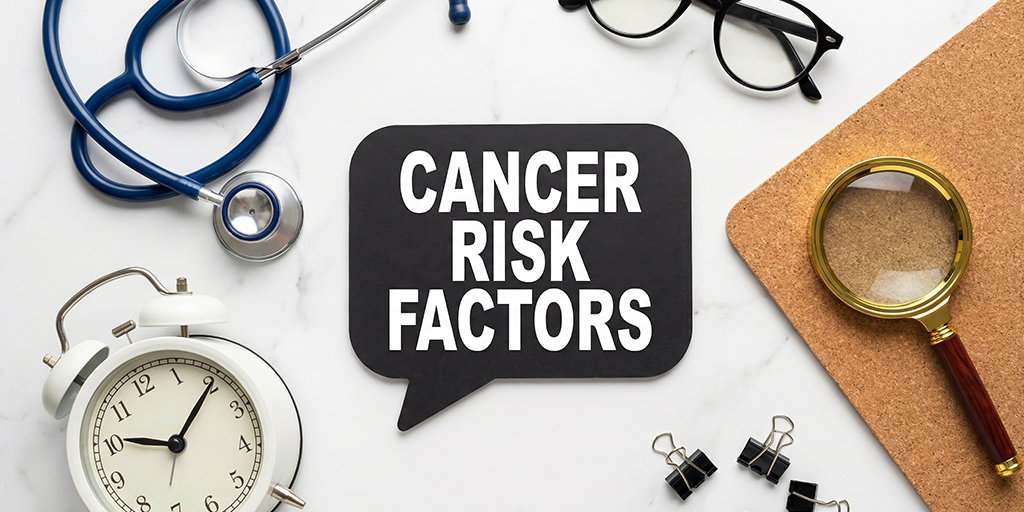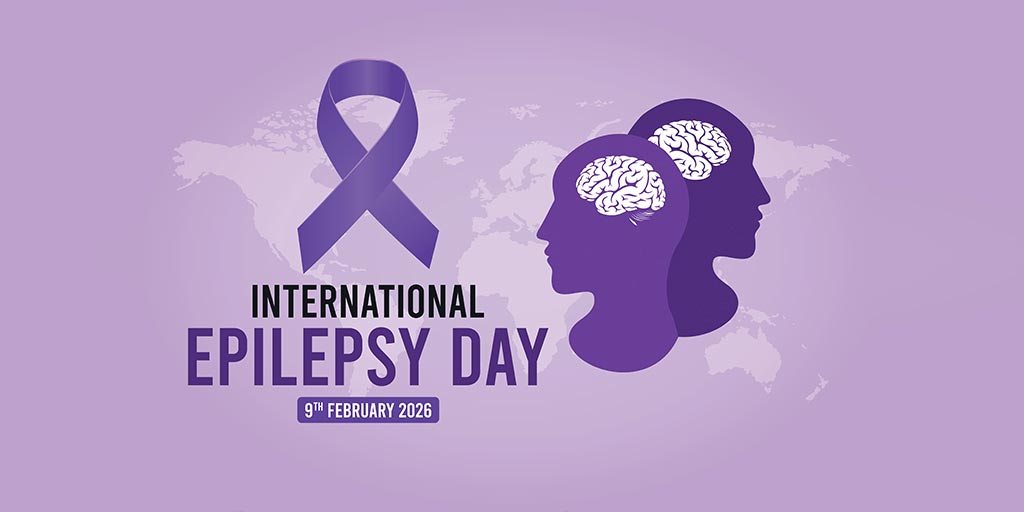At Graphic Era Hospital, we understand that your eyes are your windows to the world, vital to your quality of life. Understanding the significance, our Ophthalmology Department is dedicated to delivering world-class eye care with precision and compassion. Be it diagnosing common vision issues or managing complex eye disorders, we combine state-of-the-art technology with the expertise of our skilled specialists to ensure the best possible outcomes for patients.
Our Ophthalmology Services
General Eye Care
- Routine Eye Checkup : Regular eye checkup is essential for maintaining eye health and preventing vision loss. We recommend annual or biennial exams, depending on your age and medical history.
- Vision Correction Services: We offer treatment options for common refractive errors such as myopia (short-sightedness), hyperopia (long-sightedness), and astigmatism. Our specialists help you achieve clearer, sharper vision.
- Low Vision Aids: We offer specialised low vision aids to help individuals with visual impairments. Our advanced optical and electronic devices, including magnifiers, telescopic lenses, and screen readers.
- Dry Eye Treatment: Dry eyes can be a persistent issue that leads to discomfort and irritation. We offer advanced treatments, including tear duct plugs, prescription eye drops, and lifestyle advice to keep your eyes comfortable
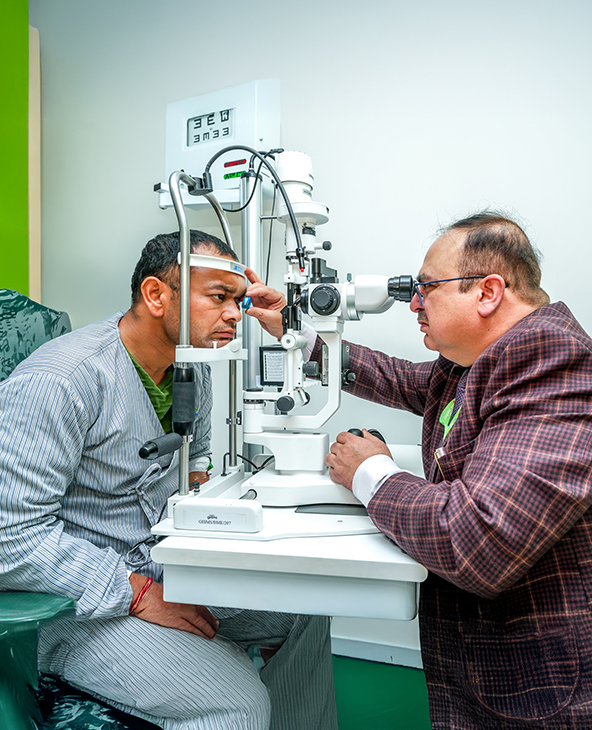
Doctors Available
Dr. Suneeta Sudhir Jagtap
Senior Consultant & HOD
Ophthalmology
Experience: 31 Years
Book An AppointmentWhy Choose Graphic Era Hospital for Eye Care / Ophthalmology?
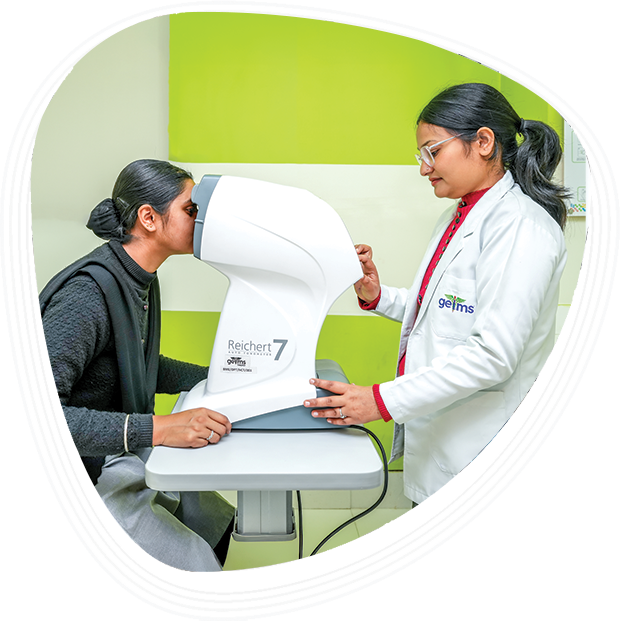
Why Early Eye Care Matters
Early eye care can make all the difference when it comes to preventing and managing eye conditions. Here’s why it’s important to see an ophthalmologist regularly:
- Prevention of Serious Conditions: Many eye diseases, such as glaucoma and diabetic retinopathy, don’t show symptoms in their early stages. Regular check-ups can catch these issues before they cause permanent damage.
- Preserving Vision: Early intervention leads to better outcomes in treating eye conditions, improving both the quality and longevity of your vision.
- Improved Lifestyle: Addressing visual impairment early on can significantly enhance your daily activities, whether it's driving, reading, or enjoying leisure time.
Top Procedures
- Cataract Surgery
- LASIK & Refractive Surgery
- Corneal Transplant – Upcoming Service
- Glaucoma Surgery
- Retinal Surgery
- Squint Surgery
- Neuro-Ophthalmology Treatments – Upcoming Service
- Oculoplasty & Cosmetic Eye Surgery
- Pediatric Eye Surgery
- Dry Eye & Keratoconus Treatments
Eye Care Conditions Treated at Graphic Era Hospital
Advanced Diagnostics & Technology
- Offers high-resolution imaging for detailed blood vessel analysis, aiding in accurate diagnosis and treatment planning.
- Delivers advanced imaging with high resolution for clear, detailed views of soft tissues, ensuring precise diagnostics.
- Provides high-quality, detailed radiographic images for accurate diagnosis with minimal exposure to radiation.
Other Specialities
Patient Stories
Blog
Frequently Asked Questions (FAQs)
What are the signs that I need to see an ophthalmologist?
Symptoms such as blurred vision, sudden loss of vision, eye pain, redness, or seeing floaters or flashes of light are all signals that you should see an ophthalmologist. Even if you have no symptoms, regular eye exams are recommended to monitor your eye health.
How often should I have an eye exam?
If you are under the age of 40 and have no existing eye conditions, an eye exam every two years is typically enough. However, if you are over 40, or if you have a family history of eye diseases like glaucoma or macular degeneration, annual exams are advised.
What can I expect during cataract surgery recovery?
After cataract surgery, most patients experience an improvement in vision within a few days, though it may take up to 4-6 weeks to fully recover. You’ll need to follow specific post-surgical instructions, such as avoiding strenuous activity and using prescribed eye drops.
Is LASIK surgery suitable for everyone?
LASIK surgery is not suitable for everyone. It is ideal for individuals who are over 18, have stable vision for at least a year, and do not have conditions like severe dry eyes, corneal disease, or uncontrolled diabetes. A detailed consultation is necessary to determine if LASIK is right for you.
How can I protect my eyes from age-related conditions?
Protect your eyes by wearing UV-protective sunglasses, maintaining a healthy diet rich in antioxidants, and having regular eye exams to detect conditions like macular degeneration or cataracts early. Additionally, avoid smoking, as it can increase your risk of eye diseases.
My child is squinting a lot, should I be concerned?
Squinting may indicate that your child is having difficulty seeing clearly. It could be a sign of refractive errors or eye misalignment. Early diagnosis and treatment are essential to address the issue before it affects their learning or development.

